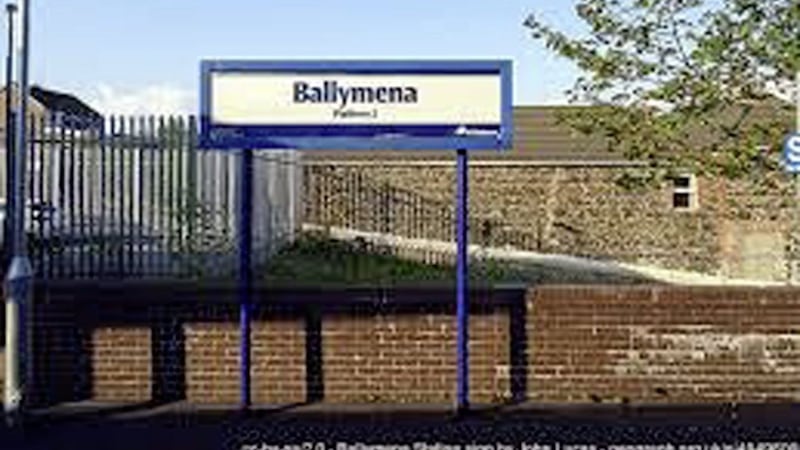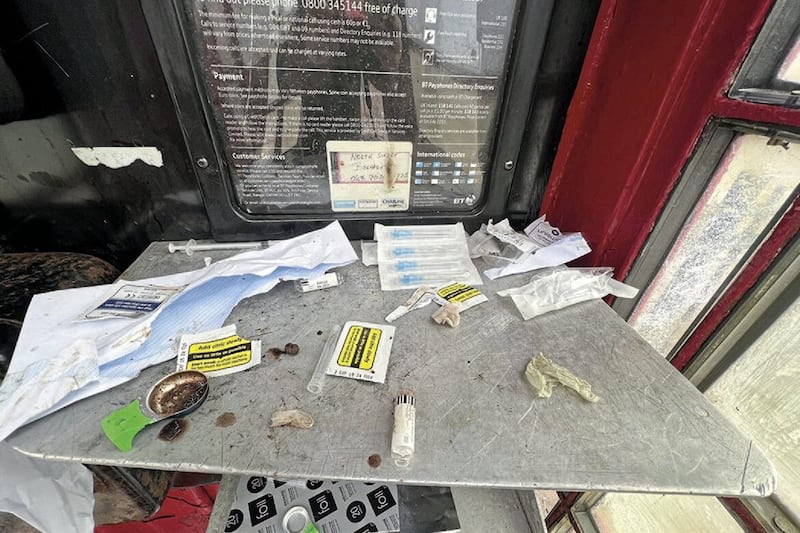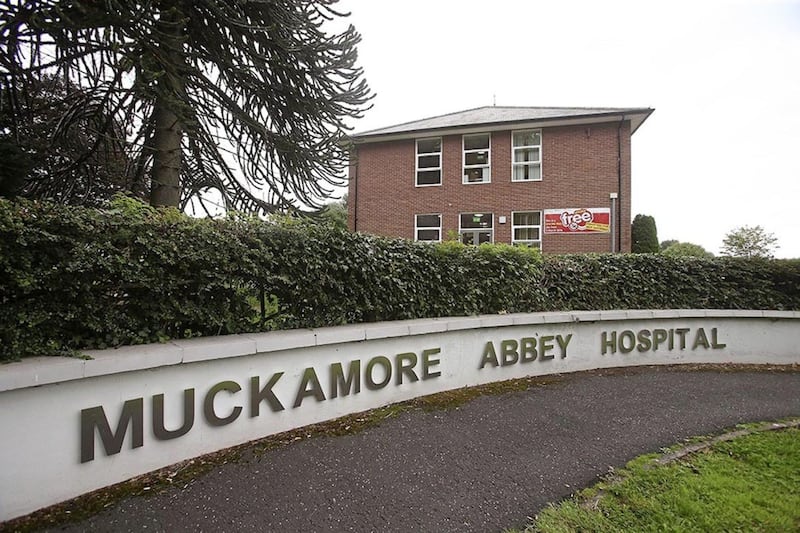From Monday, you could visit a restaurant in Ballymena but not a friend, unless of course you’d already formed a support bubble, or wanted to meet them in their garden provided no more than four other friends showed up and the six of you were only from two separate households. Or you could ignore those rules if you needed your friend to look after your children, sign a passport form or put up some floating shelves in their living room (possibly).
Localised coronavirus restrictions placed on Ballymena, the BT43 postcode, Belfast, Lisburn, Crumlin, Aldergrove and Glenavy earlier this week have left many about as confused as I was by the plot of Tenet (everything’s backwards, apart from when it’s forwards, or sometimes the other way round).
So baffling were the restrictions that, the day after they were announced, the executive was forced to publish nearly 2,000 words of guidance to clarify what people could and could not do, including the bizarre line that the “Executive will produce more detailed information when the regulations are introduced next week”.
It seems highly unlikely that the majority of people living in those areas are willing to wade through lengthy guidance, followed by more information days later. The last six months have been difficult enough without adding further uncertainty into the mix.
We live in such a small place that localised restrictions are hugely difficult to enforce. It would be pretty much impossible for towns here to undergo the same kind of localised lockdowns that various areas in England have witnessed. Shut down Portrush and Portstewart and most people will just drive to Ballycastle.
Instead, the executive has opted for a softer, but arguably more confusing approach.
The tone of the advice itself seemed rather odd.
Chief Scientific Adviser Professor Ian Young said that most new cases were linked to people meeting at home, which seemed reasonable.
First Minister Arlene Foster added that businesses “where customer behaviours are regulated” are not behind localised spikes.
“It is in our homes - it is the house party, it is the dinner party, it is a few people coming round for drinks or coffee,” she said.
The difficulty is that quite a few people feel much more comfortable staying in their own house than visiting a restaurant. It seems nonsensical that you could potentially not be allowed to see your mother in her own home but you could meet in a busy cafe.
The few restaurants and cafes I’ve visited in Belfast over the last few weeks have had, through no fault of their own, entirely different approaches to social distancing.
Some had cordoned off tables, had dozens of bottles of hand sanitiser and took contact details for tracking purposes. One small cafe had staff in masks and lots of outdoor seating. A pizza restaurant had very little social distancing. Friends I’ve spoken to have had the same experience.
Having a small gathering in your house feels safer, even if it may not be. And as anyone with young children will tell you, visiting a restaurant is fine until you realise that the toilets are shut and you’re half an hour from home.
The effective ban on house parties in Belfast and Ballymena raises another key problem - that people who go to parties in the middle of the worst pandemic in over a century just don’t care.
Those who held parties in the Holyland area of south Belfast are the same people who annoy their neighbours throughout most of the year. Fixed penalty notices, which only carry a £60 fine, are unlikely to deter people who see it as their right to cause a nuisance. Police have already said that 18 people who were spoken to “failed to understand the seriousness of the situation”. I bet they did.
The executive has said that medically vulnerable and older people living in the affected areas should be "particularly careful”, yet anecdotally these are the people who have stuck most rigidly to the restrictions since March.
Now some of the people who have suffered most during lockdown face a fortnight without seeing their friends.
There’s no doubt the executive has a very difficult task in balancing the needs of citizens without forcing shutdowns which further hurt the economy. But the confusing manner in which the new localised restrictions has been handled helps no one.








